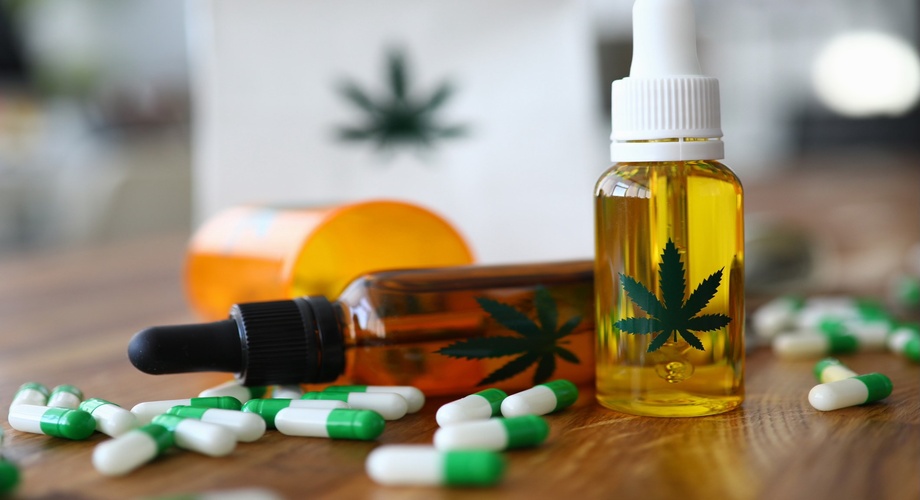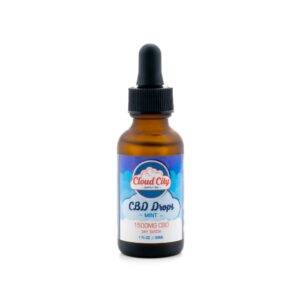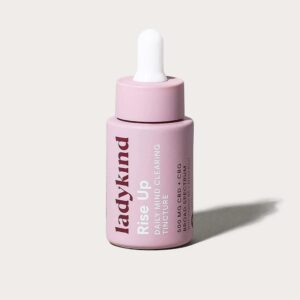At the heart of our mission is a commitment to providing clean, safe, and highly effective CBD products supplemented by educational-based customer service to help you find solutions tailored to your individual needs. When you shop at Cloud City Supply, you can rest assured that any product you pick up has undergone an extensive testing process by independent labs to ensure its formulation is free of any heavy metals, pesticides, solvents, or any other harmful ingredients you might find in other CBD brands. However, although all our products meet the highest quality market standards, that doesn’t necessarily mean they are all safe for any consumer to use. Today, let’s review the different types of CBD products we offer and how they coincide with other drugs or medications you might be taking.
Topical CBD
When you apply CBD to your skin, it is not absorbed into your bloodstream nor metabolized by your liver. Therefore, topical CBD products are safe to use regardless of what medications you are currently taking. Topical CBD products include creams, lotions, salves, balms, serums, bath salts, bath bombs, and oils. Topical CBD products are the safest way to experience the relaxation and relief CBD can bestow upon muscle aches and joint pains.
-
 2000mg CBD
2000mg CBDCloud City All Natural Relief Salve – 2000mg CBD
$75.00 — or subscribe and save up to 20% Add to cart -
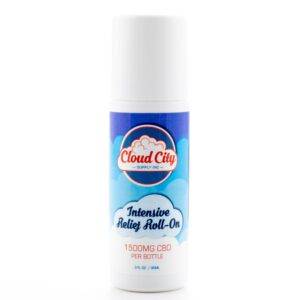 1500mg CBD
1500mg CBDCloud City Intensive Relief Roll-On – 1500mg CBD
$70.00 — or subscribe and save up to 20% Add to cart -
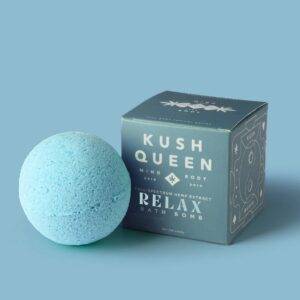 250mg CBD
250mg CBDKush Queen Relax CBD Bath Bomb
$15.00 — or subscribe and save up to 20% Add to cart
Oral CBD
CBD in the form of gummies, capsules, softgels, pills, and beverages passes through your gut and is metabolized by your liver. Because CBD is broken down in the liver by binding to specific enzymes (p450 CYP3A4) that break down drug compounds in over 25% of over-the-counter medications, mixing it with prescription meds or other drugs presents a potential risk, as it may alter the efficacy or increase the blood levels of those medications. Depending on the medication, unintended side effects might include nausea, drowsiness, and even possible overdose with certain painkillers. Because CBD strongly affects these enzymes, we recommend asking your doctor or booking a free consultation with our in-house CBD coaches before experimenting if you are taking other medications.
-
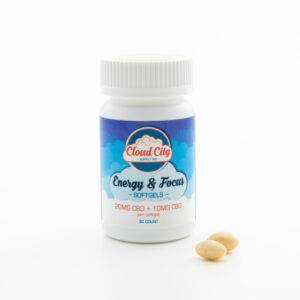
Cloud City Energy & Focus Softgels
$35.00 — or subscribe and save up to 20% Add to cart -
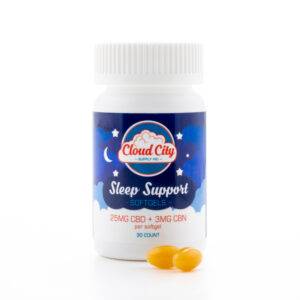
Cloud City Sleep Support Softgels
$35.00 — or subscribe and save up to 20% Add to cart -
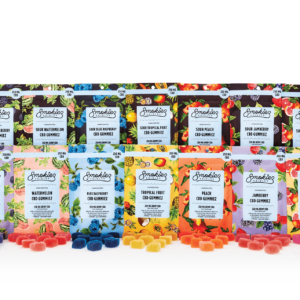
Smokiez CBD Gummiez
$20.00 – $30.00 — or subscribe and save up to 20% Select options This product has multiple variants. The options may be chosen on the product page
How do you know if the medication you are taking is broken down by the p450 CYP3A4 enzyme?
Here’s one easy way to tell: If the label or pamphlet provided by your pharmacy says not to take the medication with grapefruit, then it is not safe to take with oral CBD products. Grapefruit contains compounds that also interact with the p450 CYP3A4 enzyme and thus suggest the same possible risks that mixing these medications with CBD do.
Sublingual CBD
CBD oils and tinctures work by holding the liquid product under your tongue for 30 seconds before swallowing it. This is called sublingual administration, which bypasses liver metabolization and absorbs directly into the bloodstream. Generally, sublingual tinctures are safe for most consumers. However, because of the oral ingestion process, there’s a possibility a small amount could still reach the gut and be metabolized by the liver, which could present some of the same risks as oral CBD products.
In addition to confirming with your doctor or one of our in-house CBD coaches, we recommend discontinuing your use of CBD with other medications or enforcing a two-hour waiting period between the time you take your medication and the time you administer CBD sublingually if you feel an increase in drowsiness or any other unwanted side effects.
Book your free CBD consultation today
We will always encourage you to err on the side of caution and advise you to seek confirmation from a medical professional before starting any supplement, including CBD. Since many physicians and health providers are not formally educated about CBD, feel free to bring this article to your appointment for reference. Otherwise, you can book a free consultation with one of our in-house CBD coaches who are available to answer any questions you have.
Helpful Definitions
CYP3A4 – a p450 liver enzyme that CBD inhibits when taken orally, potentially causing a drug interaction with over 25% of prescription drugs.
Sublingual – delivery of drug through the tongue so it is quickly absorbed into the bloodstream and avoids first-pass metabolism.

